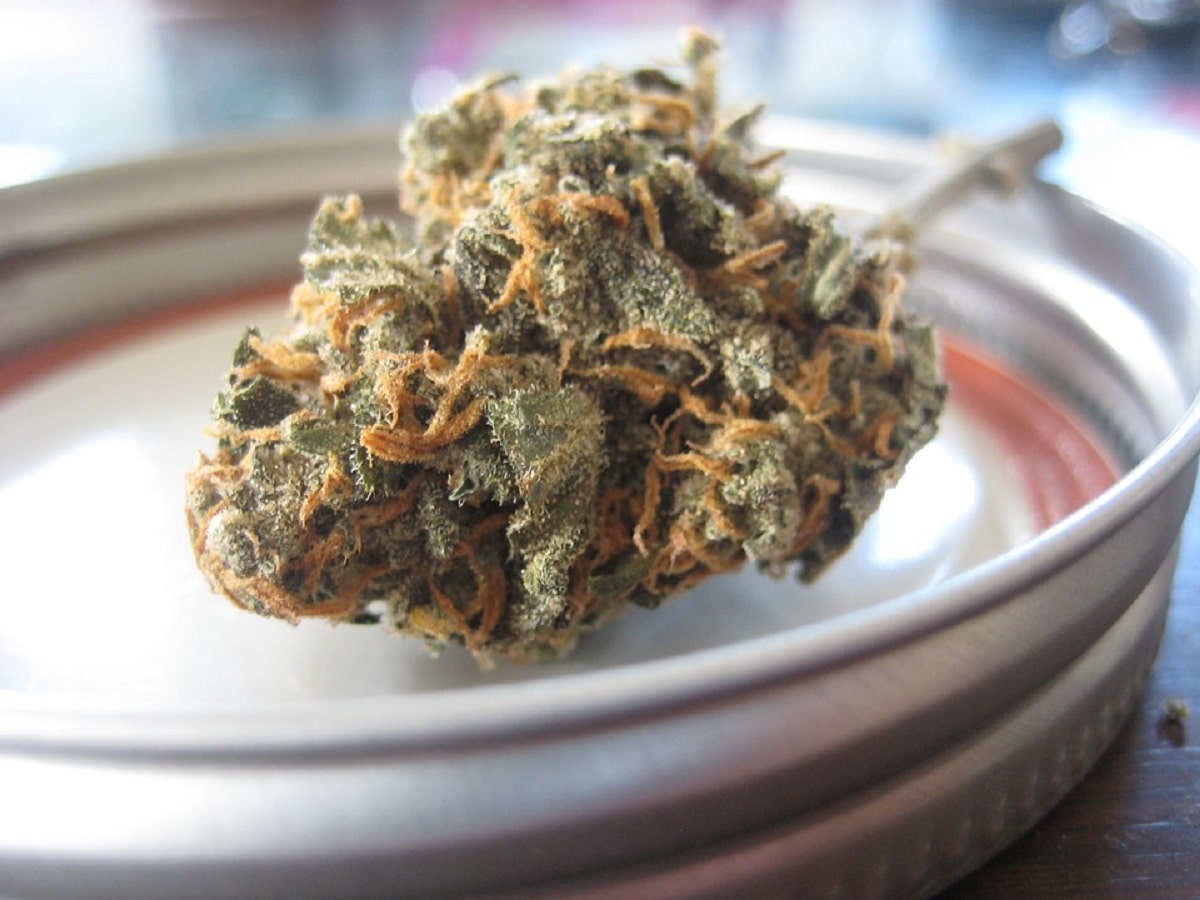London, United Kingdom: Chronic pain patients who use cannabis products for six months report improvements in their health-related quality of life and decreases in their daily opioid consumption, according to observational data published in the journal Expert Review of Neurotherapeutics.
British investigators assessed the safety and efficacy of plant-derived cannabis products (either oils, flower, or a combination of both) in over 700 chronic pain patients enrolled in the UK Medical Cannabis Registry. All of the participants possessed a doctor’s authorization to access cannabis products. (Since 2018, specialists have been permitted to prescribe cannabis-based medicinal products to patients unresponsive to conventional medications.) Authors assessed the efficacy of cannabis at one, three, and six months.
Consistent with prior studies, investigators reported: “Treatment with oil-based [products], dried flowers, or a combination of both CBMPs [cannabis-based medicinal products] are associated with statistically significant improvements in pain relief and sleep quality after six months in chronic pain patients. Additionally, patients prescribed oils or both types of CBMPs experienced reduced anxiety and an improvement in their ability to perform daily activities. Patients prescribed a combination of both CBMPs recorded improvements in their self-care and mobility abilities. Collectively, this evidence signals that [the] initiation of CBMP treatment is associated with improved HRQoL [health-related quality of life].”
Researchers also acknowledged that patients significantly reduced their daily intake of prescription opioids – a finding that is consistent with dozens of other studies.
“In summary, these results suggest that both [cannabis] oils and dried flowers are associated with long-term improved HRQoL in chronic pain patients,” they concluded.
Prior studies assessing the use of cannabis products in patients enrolled in the UK registry have similarly reported them to be safe and effective for patients suffering from anxiety, post-traumatic stress, depression, migraine, inflammatory bowel disease, and other afflictions.
Data published earlier this year in the journal JAMA Network Open reported that nearly one in four pain patients who reside in states where medical cannabis access is legal self-identify as marijuana consumers.
Full text of the study, “Clinical outcome data of chronic pain patients treated with cannabis-based oils and dried flower from the UK medical cannabis registry,” appears in Expert Review of Neurotherapeutics. Additional information on cannabis and pain management is available from NORML’s publication, Clinical Applications for Cannabis and Cannabinoids.
Source: NORML – make a donation

